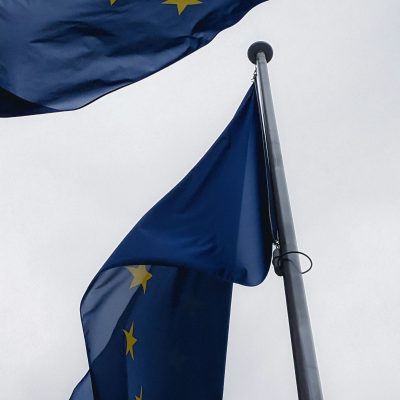Politics: the Right or the Wrong Sort of Medicine for the EU?

With the two papers published in this issue of the series “Policy Papers”, Notre Europe enters one of the critical debates characterising the present phase of the European construction. The debate revolves around the word ‘politicisation’, just as others revolve around words like ‘democracy’, ‘identity’, bureaucracy’, ‘demos’, ‘social’. The fact that the key words of the political vocabulary are gradually poured into the EU mould is in itself significant.
In narrow terms, the issue at stake is whether the European institutions should become ‘politicised’ in the sense in which national institutions are, i.e. whether the right-left divide should become the all pervasive watershed separating participants in the EU policy making, in Parliament, in the Commission and possibly in the Council. Stated in broader terms, however, the debate is about the nature of the EU, on whether it is a polity or a simple organisation, whether its power is technocratic, or bureaucratic, or political; about its legitimacy and democratic control; about the relationship between national and European politics.
Notre Europe has chosen to begin its involvement in this debate by hosting articles by two leading scholars, who hold quite different views on the subject. Simon Hix and Stefano Bartolini have investigated the issue of politicisation and extensively published on it. Here they present a concise, accessible and well informed appraisal of the subject. Simon Hix takes the view that “More Left-Right politics at the European level is not only inevitable but is also healthy, as it will allow the EU to overcome institutional gridlock, will encourage policy innovation, will produce a mandate for reform, and so will increase the legitimacy of the EU”. Stefano Bartolini discusses six aspects of the politicisation debate which, in his view, have not been taken into account by advocates of politicisation. Based on these six issues, he argues that “the remedy might be worse than the disease”.




